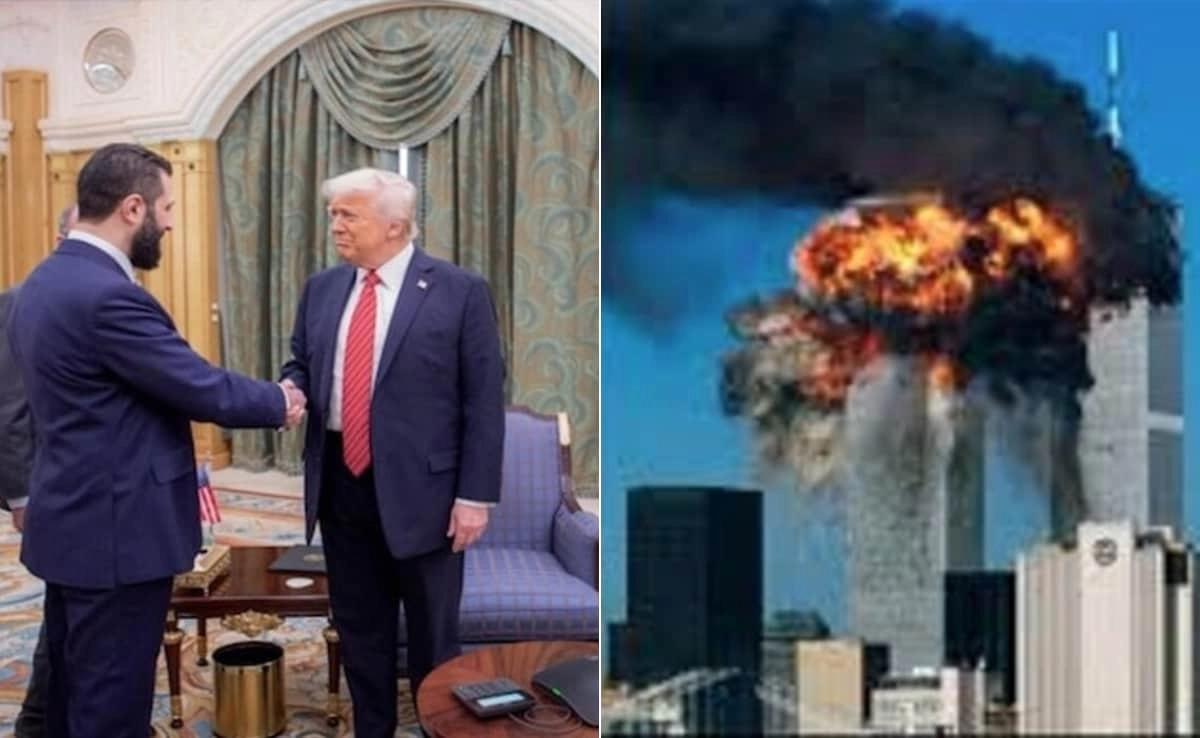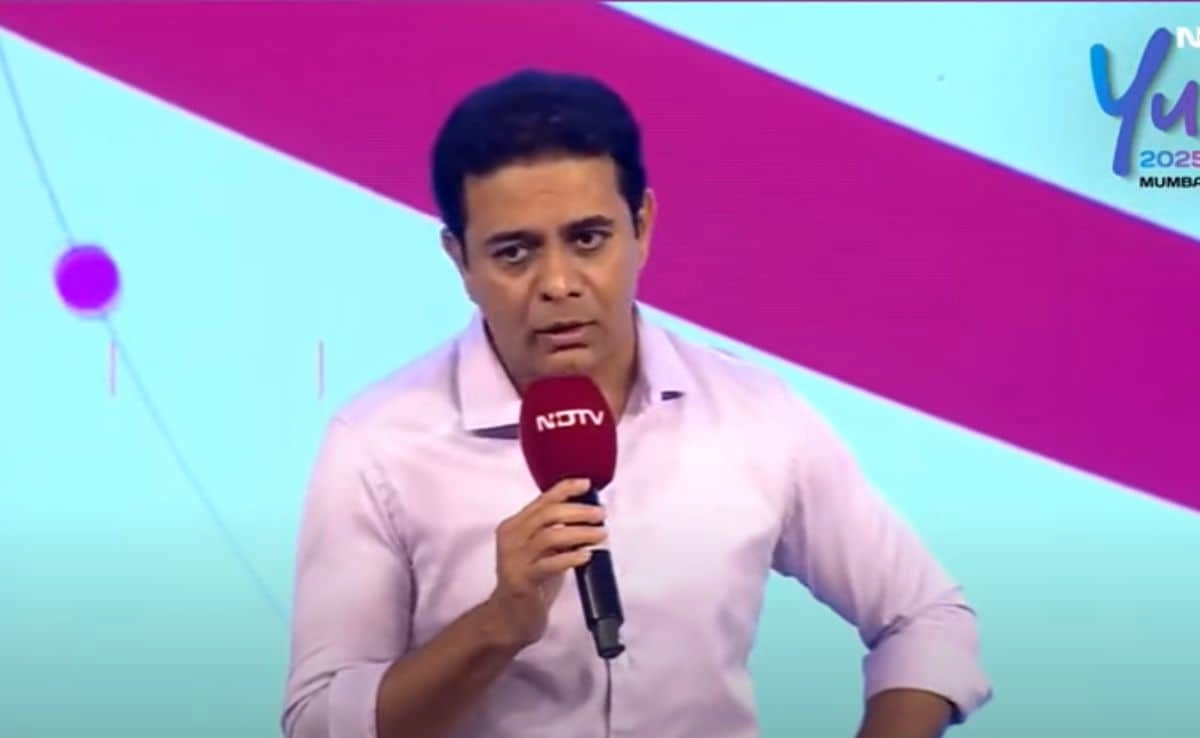In a surprising turn of events, former President Donald Trump recently made headlines by praising a former Al Qaeda operative, stirring controversy and sparking discussions across social media and news platforms. This unexpected endorsement has led to a significant backlash, as many critics argue that such a statement undermines national security and the ongoing fight against terrorism. In response to Trump’s comments, an old video of the individual being praised has resurfaced, quickly going viral and reigniting debates about the implications of glorifying individuals with extremist backgrounds.
The viral video showcases the former Al Qaeda member discussing his past activities and beliefs, shedding light on the motivations that drove him to align with such a dangerous group. Many viewers have expressed shock and dismay at Trump’s positive remarks, arguing that they can be seen as an attempt to normalize or even romanticize extremist ideologies. This has prompted a wider examination of Trump’s rhetoric and its potential impact on his supporters, who may interpret such endorsements as validation of extremist views.
As the public discourse continues to evolve, political analysts are closely watching how this incident might affect Trump’s standing among various voter demographics. Some speculate that his base may rally around him in defiance of mainstream criticism, while others believe that this controversial stance could alienate moderate voters who prioritize national security. The situation underscores the delicate balance in political messaging, particularly when it relates to sensitive topics like terrorism and extremism. As the video continues to circulate, it serves as a reminder of the complexities involved in discussing and addressing the legacy of terrorism in contemporary politics.




